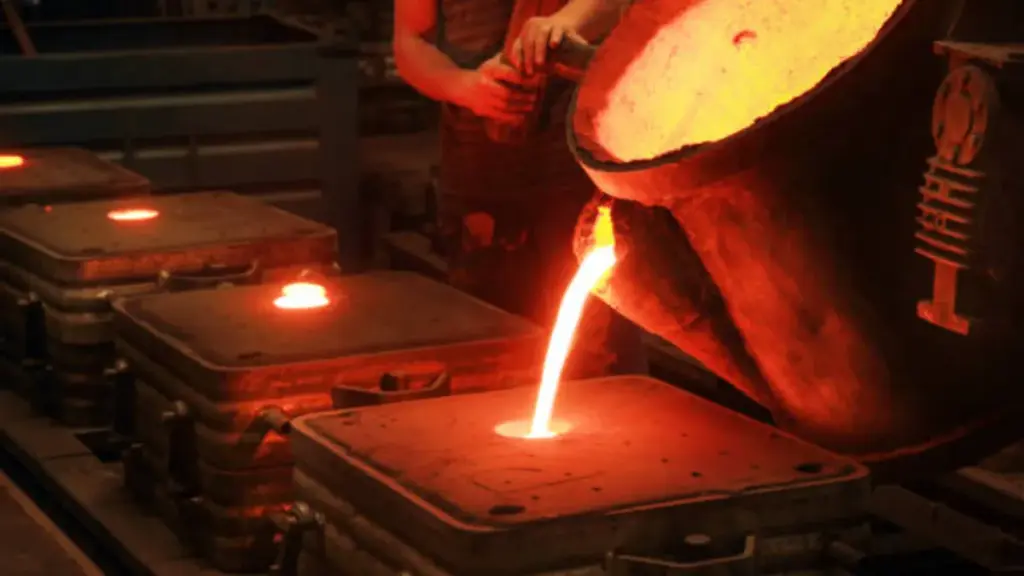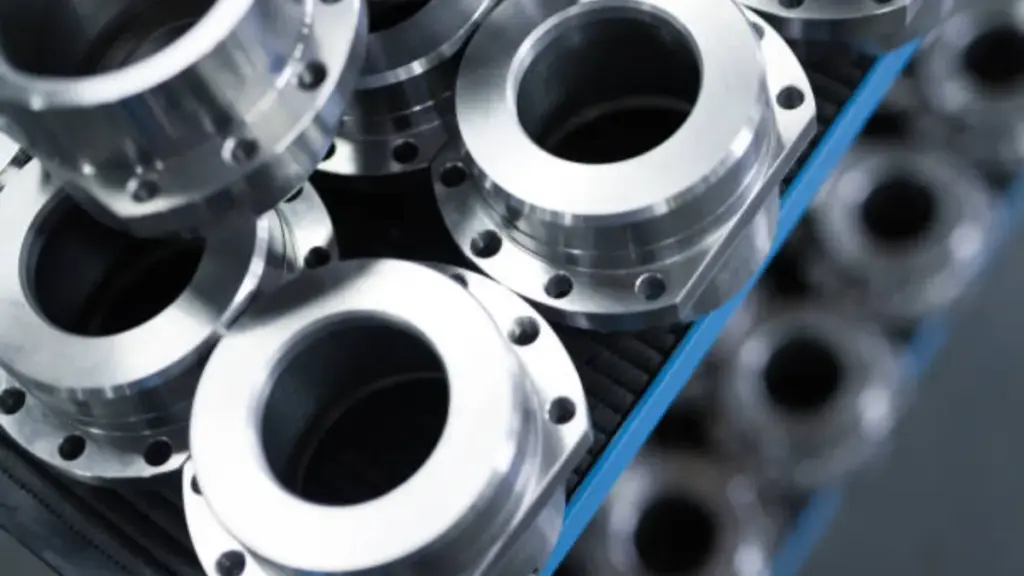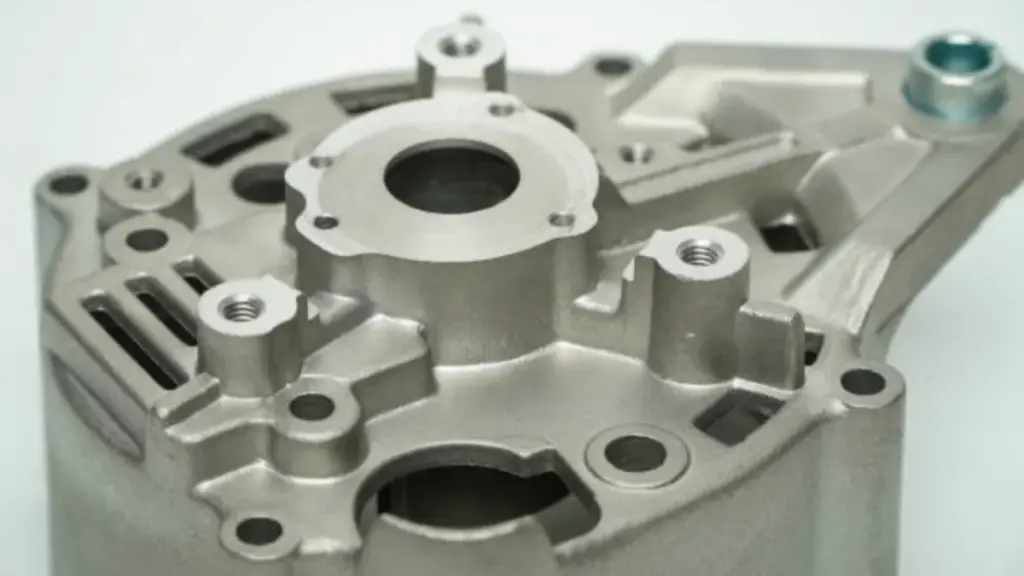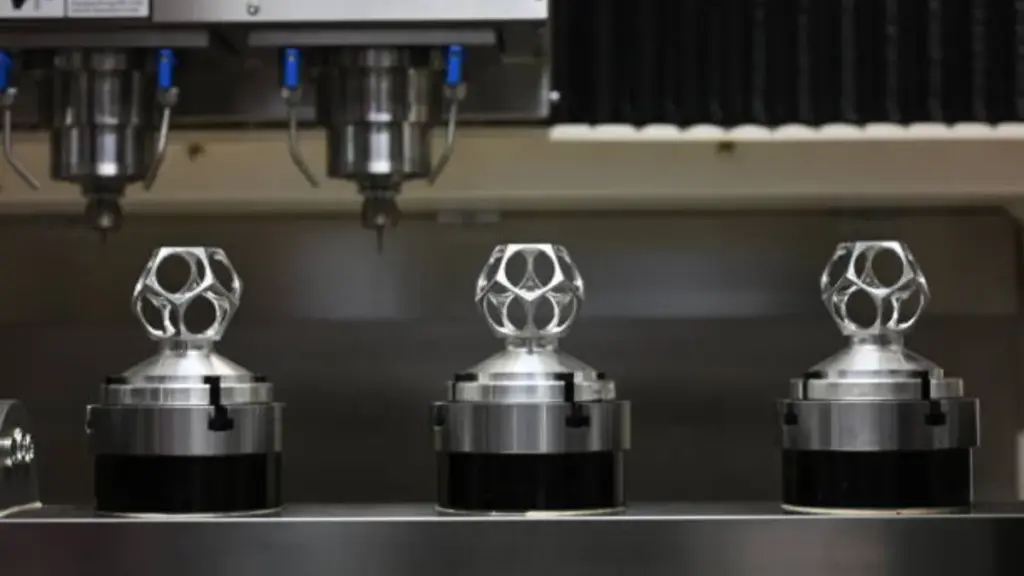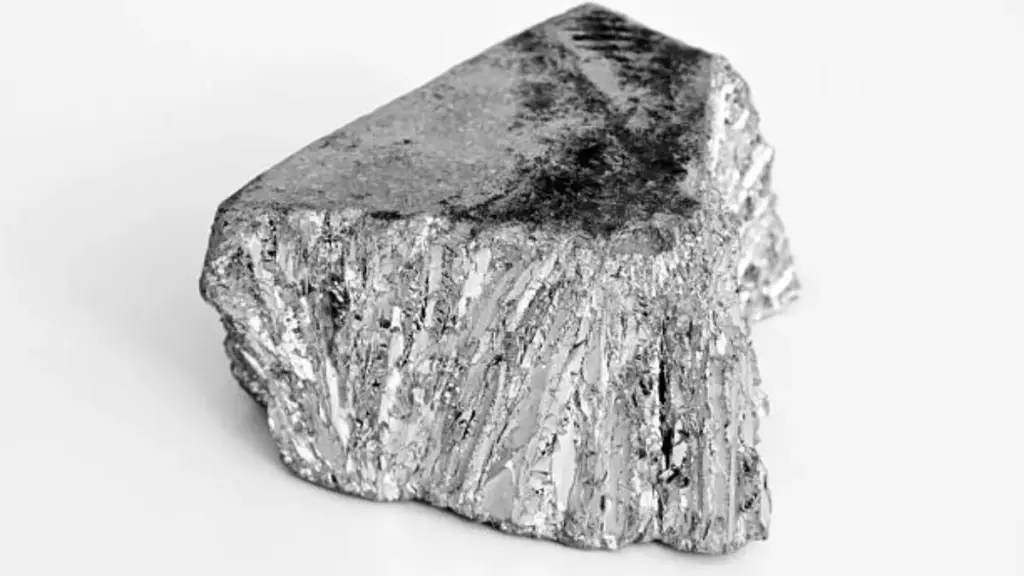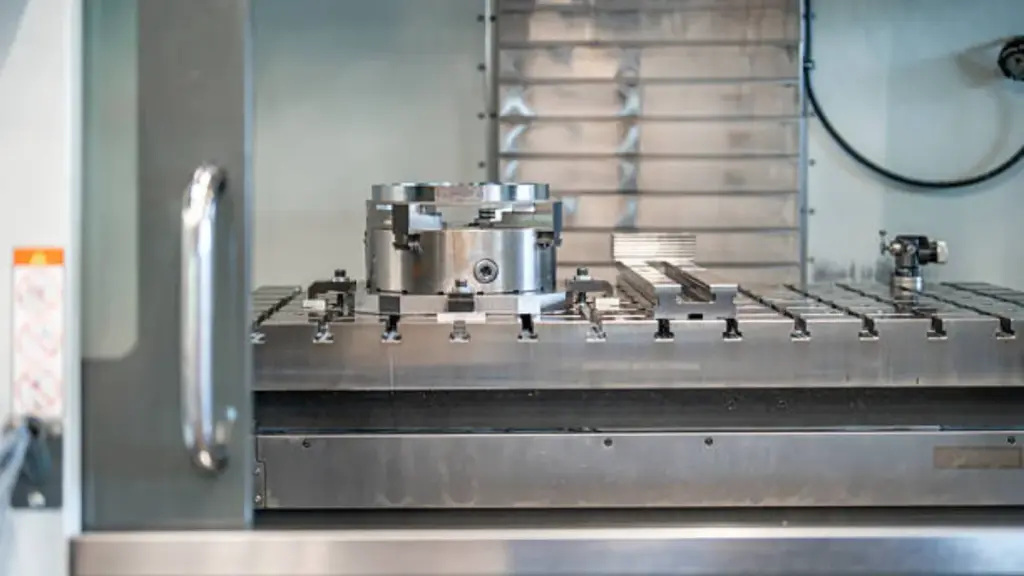Ist der Guss Aluminium sicher? Es ist eine Frage, die ziemlich oft auftaucht, insbesondere unter denjenigen, die besorgt über Gesundheit und Sicherheit in alltäglichen Produkten sind. In diesem Artikel, Wir werden tief in die Welt des Aluminiums der Gosse eintauchen, Erforschung seiner Eigenschaften, Anwendungen, und Sicherheitsaspekte, um Ihnen ein umfassendes Verständnis zu vermitteln.
Ist Aluminiumdruckguss sicher??
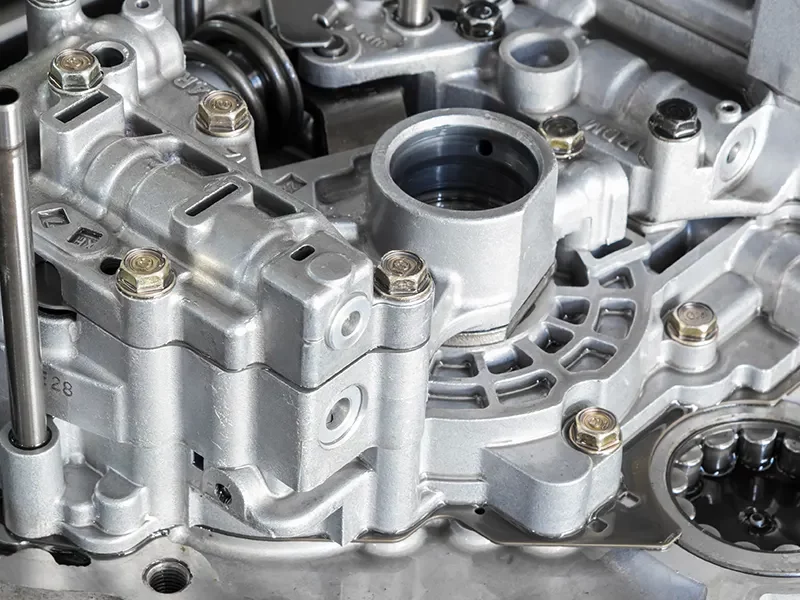
Ja, Die Aluminiumgussguss ist sicher. Es wird aufgrund seiner Stärke in verschiedenen Branchen weit verbreitet, Leichte Natur, und Korrosionsbeständigkeit. Regulierungsstandards und ordnungsgemäße Herstellungsprozesse gewährleisten die Sicherheit für Konsumgüterprodukte, einschließlich Kochgeschirr, Elektronik, und Automobilteile. Während einige Bedenken existieren, Sie werden effektiv verwaltet, Machen Sie die Aluminiumguss zu einem zuverlässigen und sicheren Material für den täglichen Gebrauch.
Was ist Druckguss??
Die Sicherheit von Aluminiumguss -Aluminium zu erfassen, Wir müssen zunächst den Casting -Prozess selbst verstehen.
Der Gussprozess
Druckguss ist ein Herstellungsprozess, bei dem geschmolzenes Metall gegossen oder in Stahlformen gezwungen wird. Diese Formen - angenannten Stanze - sind wiederverwendbar und erzeugen komplexe Formen mit hoher Präzision und glatten Oberflächen. Der Vorgang ist schnell, effizient, und ideal für die Massenproduktion.
Gemeinsame Materialien verwendete Materialien
Während Aluminium ein Favorit ist, Andere Metalle wie Zink, Magnesium, und Kupfer werden auch im Würfelguss verwendet. Jedes Material bietet einzigartige Eigenschaften, Aluminium sticht jedoch aufgrund seiner Vielseitigkeit und Leistung auf.
Warum Aluminium in der Casting beliebt ist?
Aluminiums Popularität beim Casting ist nicht zufällig; Es wird von bestimmten Eigenschaften angetrieben, die es zu einer idealen Wahl machen.
Aluminiumeigenschaften
Aluminium ist leicht, stark, und sehr resistent gegen Korrosion. Es hat auch eine ausgezeichnete thermische und elektrische Leitfähigkeit, Damit es perfekt für eine breite Palette von Anwendungen ist. Plus, Es ist reichlich vorhanden und recycelbar, Beitrag zu seiner weit verbreiteten Verwendung.
Vorteile des Aluminium
Die Vorteile der Verwendung von Aluminium im Würfelguss sind zahlreich. Es ermöglicht die Erstellung komplizierter Designs, die sowohl stark als auch leicht sind. Sein natürlicher Widerstand gegen Rost und Korrosion trägt zu seiner Langlebigkeit bei, und seine guten thermischen Eigenschaften machen es bei Wärmeableitungsanwendungen nützlich.
Anwendungen des Aluminiums der Gussguss
In verschiedenen Branchen finden Sie das Aluminium für das Guss -Aluminium, Hervorhebung seiner Vielseitigkeit und Zuverlässigkeit.
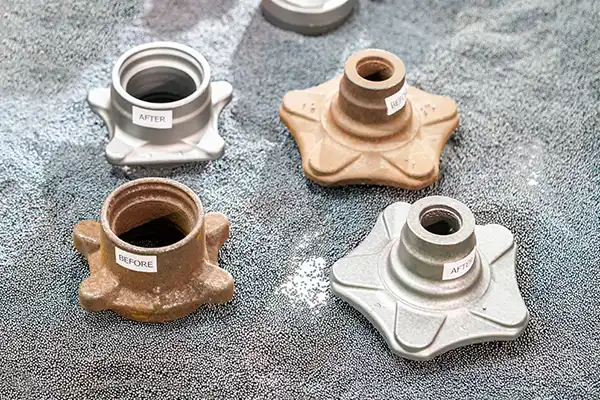
Automobilindustrie
Im Automobilindustrie, Die Aluminiumguss -Guss -Aluminium wird für Motorblöcke verwendet, Getriebegehäuse, und andere Komponenten. Seine leichte Natur hilft, die Kraftstoffeffizienz und die Gesamtfahrzeugleistung zu verbessern.
Unterhaltungselektronik
Von Smartphones bis zu Laptops, Aluminium -Würfel -Gussteile bieten dauerhafte und schlanke Gehäuse für Unterhaltungselektronik. Seine Festigkeit und thermische Eigenschaften sind für den Schutz empfindlicher Komponenten und die Verwaltung von Wärme unerlässlich.
Haushaltsgeräte
Viele Haushaltsgeräte, Wie Waschmaschinen und Kühlschränke, Integrieren Sie die Aluminiumteile für die Guss -Aluminium. Diese Komponenten profitieren von Aluminiums Haltbarkeit und Widerstand gegen Verschleiß, Gewährleistung einer lang anhaltenden Leistung.
Sicherheitsbedenken bei der Aluminiumguss -Aluminium
Trotz seiner vielen Vorteile, Es gibt einige Sicherheitsbedenken hinsichtlich des Aluminiums für die Gussguss.
Potenzielle Gesundheitsrisiken
Ein Hauptanliegen ist das Potenzial für die Exposition gegenüber Aluminium, Gesundheitsrisiken zu stellen. Jedoch, Wissenschaftliche Studien haben gezeigt, dass die Exposition von Aluminium aus den Gussprodukten minimal und innerhalb sicherer Grenzen gut ist. Das in Verbraucherprodukten verwendete Aluminium wird legiert und beschichtet, um Auslaugung und Korrosion zu verhindern, weitere Gesundheitsrisiken mildern.
Beantwortung von Umweltproblemen
Umweltsicherheit ist eine weitere Überlegung. Der Casting -Prozess kann Umweltauswirkungen haben, einschließlich Energieverbrauch und Emissionen. Jedoch, Aluminiums Recyclability trägt dazu bei, diese Bedenken auszugleichen. Die Verwendung von recyceltem Aluminium erfordert erheblich weniger Energie als die Herstellung neuer Aluminium, Reduzierung des gesamten Umwelt Fußabdruck.
Regulierungsstandards und Einhaltung
Sicherheit gewährleisten, Die Produkte der Guss -Guss -Aluminium müssen bestimmte regulatorische Standards und Richtlinien entsprechen.
Branchenstandards
Organisationen wie die Aluminium Association und die North American Die Casting Association (Nadca) Setzen Sie Branchenstandards für die Gussprozesse und -materialien. Diese Standards gewährleisten eine konsequente Qualität und Sicherheit in der gesamten Branche.
Regierungsvorschriften
Regierungsbehörden, wie die Umweltschutzbehörde (EPA) und die Food and Drug Administration (FDA), Regulieren Sie auch die Verwendung von Aluminium in verschiedenen Anwendungen. Diese Vorschriften sollen sowohl Verbraucher als auch die Umwelt schützen.
Vergleich des Aluminiums für das Guss mit anderen Materialien
Wie kann der Aluminium -Guss gegen andere Stempelmetalle stapeln?
Die Zinkguss -Besetzung
Zink ist ein weiteres beliebtes Stempelgussmaterial, bekannt für seine Stärke und Duktilität. Jedoch, Es ist schwerer als Aluminium, Dies kann ein Nachteil in Anwendungen sein, bei denen Gewicht ein kritischer Faktor ist.
Stirbsgegossen Magnesium
Magnesium ist noch leichter als Aluminium und weist ein ausgezeichnetes Verhältnis von Festigkeit zu Gewicht auf. Jedoch, Es ist teurer und herausfordernd, damit zu arbeiten, Aluminium für viele Anwendungen zur praktischeren Wahl machen.
Mythen und Missverständnisse
Lassen Sie uns einige häufige Mythen über die Aluminium für das Cast -Cast aufklären.
Aluminium und Lebensmittelsicherheit
Ein Mythos ist, dass Aluminium für Lebensmittel verwendet wird. In Wirklichkeit, Aluminium wird häufig in Kochgeschirr- und Lebensmittelverpackungen verwendet. Anodiertes Aluminium, insbesondere, ist sehr sicher und verhindert, dass Aluminium in Lebensmittel ausgelaugt wird.
Langlebigkeit und Haltbarkeit
Ein weiteres Missverständnis ist, dass Aluminium nicht langlebig ist. Die Aluminiumgussguss ist extrem langlebig und gegen Korrosion resistent, Machen Sie es zu einer zuverlässigen Wahl für lang anhaltende Produkte.
Abschluss
Also, Ist der Guss Aluminium sicher? Absolut. Seine Eigenschaften, Vorschriftenregulierung, und weit verbreitete Verwendung in verschiedenen Branchen bestätigen ihre Sicherheit und Zuverlässigkeit. Während es einige Bedenken gibt, Richtige Herstellungsprozesse und Standards stellen sicher, dass diese effektiv verwaltet werden. Die Aluminiumguss -Aluminium ist weiterhin ein vertrauenswürdiges Material, Bieten Sie zahlreiche Vorteile in alltäglichen Anwendungen.
FAQs
Q: Kann Aluminiumlausche in Lebensmittel sterben?
A: NEIN, Die Aluminiumguss -Guss -Aluminium wird oft beschichtet oder anodiert, Verhinderung jeglicher Auslaugung in Lebensmittel.
Q: Ist Aluminium sicher für die Elektronik?
A: Ja, Die Eigenschaften von Aluminium machen es ideal, um elektronische Komponenten zu schützen und abzukühlen.
Q: Stirbt der Gießen von Aluminium auf die Umwelt ausgewirkt??
A: Während der Prozess energieintensiv sein kann, Die Verwendung von recyceltem Aluminium verringert die Umweltauswirkungen erheblich.
Q: Wie ist das Aluminiumguss im Vergleich zu Edelstahl im Vergleich zu Edelstahl??
A: Aluminium ist leichter und korrosionsresistenter, Während Edelstahl stärker und hitzebeständiger ist.
Q: Gibt es gesundheitliche Risiken, die mit Aluminium -Exposition verbunden sind??
A: Die Exposition von Aluminium aus Konsumgütern ist minimal und gut in sicheren Grenzen, die von den Aufsichtsbehörden festgelegt werden.

